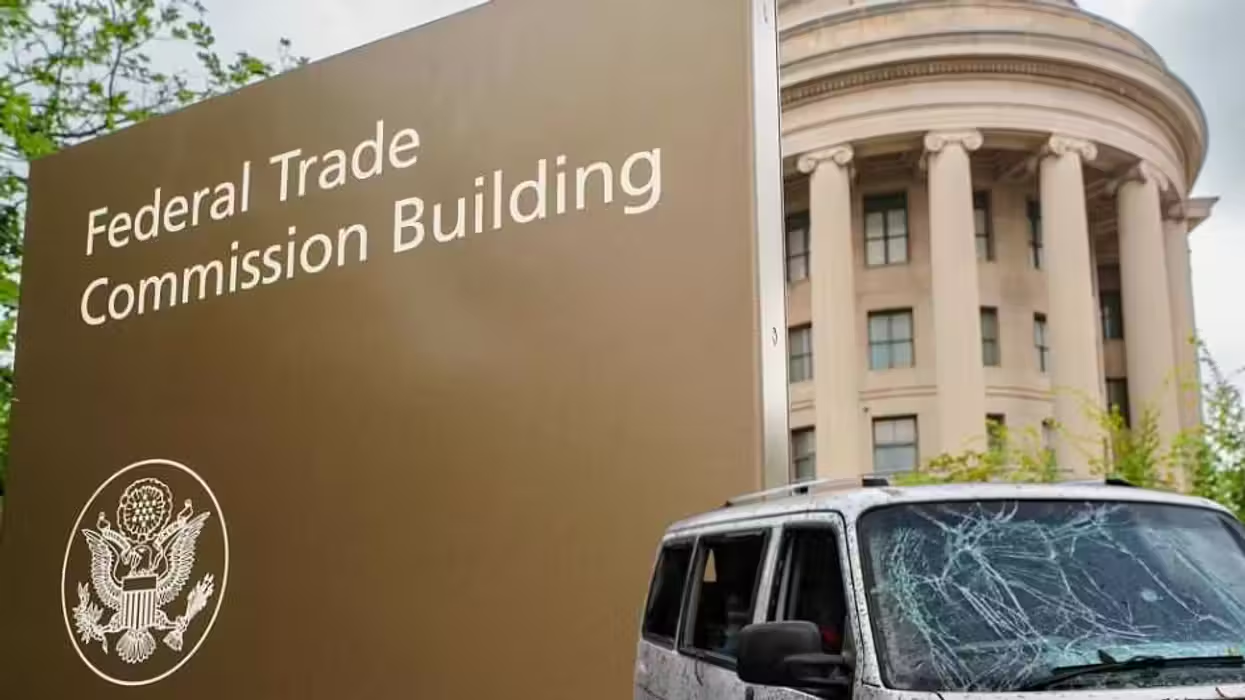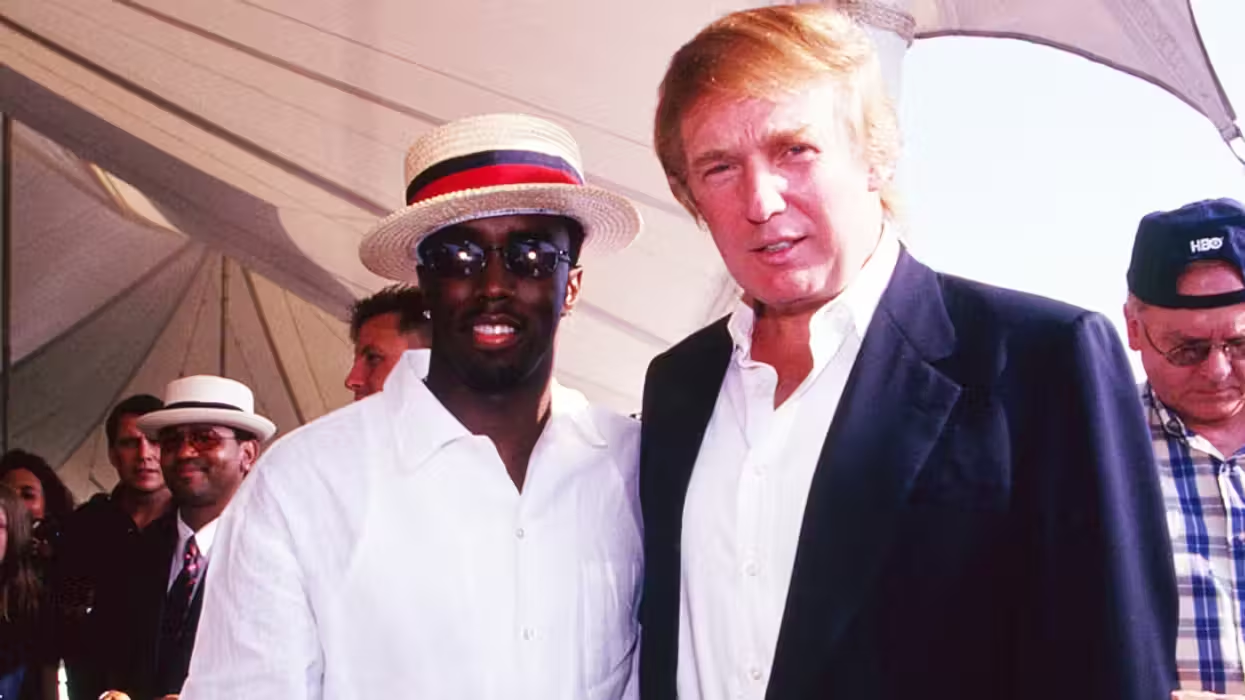President Donald Trump announced at the White House Thursday that the United States will impose a 25 percent tariff on steel imports and a 10 percent tariff on aluminum imports. Trump said he would sign the new tariffs “sometime next week.”
Leaders from the steel and aluminum industries received a last-minute invite Wednesday to the White House for this announcement, according to Bloomberg.
“You’ll have protection for a long time in a while,” Trump told the gathered industry leaders. “You’ll have to regrow your industries, that’s all I’m asking.”
Hours before the announcement, Trump tweeted: “Our Steel and Aluminum industries (and many others) have been decimated by decades of unfair trade and bad policy with countries from around the world. We must not let our country, companies and workers be taken advantage of any longer. We want free, fair and SMART TRADE!”
“When it comes to a time when our country can’t make aluminum and steel, and somebody said it before, and I will tell you, you almost don’t have much of a country,” Trump said during the announcement. “Because without steel and aluminum, your country’s not the same. And we need it, we need it even for defense, if you think. I mean, we need it for defense. We need great steelmakers, great aluminum makers, for defense.”
On Feb. 16, the Department of Commerce released a report declaring that “the quantities and circumstances of steel and aluminum imports ‘threaten to impair the national security.’” The report stated, “The President is required to make a decision on the steel recommendations by April 11, 2018, and on the aluminum recommendations by April 19, 2018.” Trump had ordered the department to study steel and aluminum imports in April 2017.
According to Bloomberg, “American steel producers and workers have called on Trump to defend their industry as it grapples with the effects of overcapacity in China.”
Not everyone is happy about the tariffs
USA Today reported that “The American International Automobile Dealers Association said car sales are already flat, and ‘the burden of these tariffs, as always, will be passed on to the American consumer.’”
Jack Gerard, president and CEO of the American Petroleum Institute told USA Today: “These tariffs would undoubtedly raise costs for U.S. businesses that rely heavily on steel and aluminum for the majority of their products — and ultimately consumers."
Some conservative lawmakers are also unhappy with the announcement. GOP Sen. Roy Blunt (Mo.) said he was worried that the tariffs could hurt jobs in his state.
"In our state, we make steel and aluminum but we continue to buy a lot more than we make," Blunt said. "Things like sheet aluminum that you use to make boats with, we make a lot of boats, it's not available in the United States."
Another GOP senator, Ben Sasse, also expressed his frustration at the decision: "The President is proposing a massive tax increase on American families," Sasse said. “You'd expect a policy this bad from a leftist administration, not a supposedly Republican one."
Retiring Sen. Orrin Hatch (R-Utah) spoke out against tariffs in general: “First of all, I don't believe in tariffs. They don't work very well. Secondly, it creates tariff wars and I just don't think that's the way to go,” he said.
Even some prominent members of the Trump administration have been against the tariffs. CNBC reported that Trump’s chief economic advisor, Gary Cohn “argued against the tariffs, saying they would raise the price of steel and aluminum products.” According to CNBC’s source in the room at the time, Trump responded by calling that "a small price to pay."
Axios reports that James Mattis, Steven Mnuchin and Rex Tillerson have all also argued against at least the current form of the tariffs. Mattis argued that sweeping tariffs “could undermine U.S. relations with its allies,” according to Bloomberg.
Scott Lincicome from the CATO Institute argued that historically, the cons of tariffs often outweighed the pros.
“American trade protectionism — even in the periods most often cited as ‘successes’ — not only has imposed immense economic costs on American consumers and the broader economy, but also has failed to achieve its primary policy aims and fostered political dysfunction along the way,” Lincicome said.
USA Today cites critics who warn that Trump tariffs could lead to other nations retaliating by using tariffs of their own “to target American products ranging from Kentucky bourbon to Wisconsin cheese.
Bloomberg reports that “The U.S. already has 169 trade taxes in place on various types of imported steel, including 29 on Chinese products.”
The Dow Jones Industrial Average has dropped more than 500 points since Trump made his announcement.







